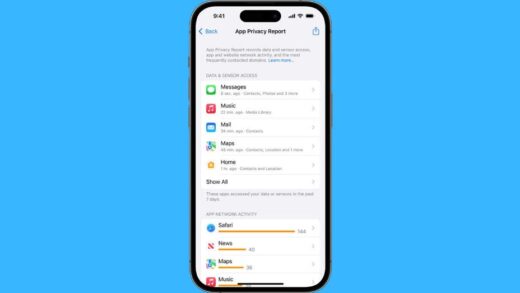Success and Challenges of the Xbox Console: A Historical Overview
The Xbox has had a complex journey since its inception, marked by both impressive achievements and notable challenges. Launched on November 15, 2001, the original Xbox was a bold move for Microsoft, as it was the first major console produced by an American company since the Atari Jaguar. Its launch was a resounding success, with over 1 million units sold within just three weeks and reaching 1.5 million by the end of 2001. The attachment rate for games was also remarkable, with an average of three games sold for every console purchased, according to the NPD Group.
Comparative Success of Xbox Generations
Following the initial success of the original Xbox, Microsoft’s subsequent console, the Xbox 360, enjoyed significant popularity, selling approximately 86 million units by October 2021. However, the Xbox One, released in 2013, faced a different reality, with lifetime sales just above 50 million. This stark contrast highlights the challenges Microsoft encountered in maintaining its momentum in the competitive gaming market, especially against the PlayStation 4, which sold over 117 million units.
Profitability Challenges
Interestingly, none of the Xbox consoles have been sold at a profit. This fact has been a long-standing concern for Microsoft, especially during periods of transition and competition. The financial strain from non-profitable hardware contributed to significant corporate shifts, including the $68.7 billion acquisition of Activision Blizzard.
Market Dynamics and Competition
Entering a market dominated by established players like Nintendo and Sega presented substantial hurdles for the original Xbox. Despite its technological advantages, the console struggled to convince gamers to switch from their existing platforms. By May 2006, the original Xbox had sold over 24 million units, but it was ultimately discontinued in favor of the Xbox 360.
Global Reception and Cultural Factors
The Xbox’s popularity varied significantly across different regions. For instance, it struggled to gain a foothold in Japan, where local gamers favored titles produced by Japanese developers. Phil Spencer, the CEO of Microsoft Gaming, has acknowledged that preferences for certain game genres, such as RPGs, have impacted the Xbox’s acceptance in that market.
Legacy of Innovation
Despite its ups and downs, the original Xbox is often remembered for its groundbreaking features. It was the first console to include a built-in hard drive, which allowed for enhanced storage and game performance. The introduction of Xbox Live in 2002 further revolutionized online gaming, enabling players to connect and compete over the internet.
Historical Context and Development
The creation of the Xbox was not solely the vision of Bill Gates but rather the result of a dedicated team at Microsoft known as the DirectX Box team. This initiative was part of a broader strategy to extend Microsoft’s influence beyond software and into the realm of gaming hardware.
As the gaming landscape continues to evolve, the Xbox brand remains a significant player, shaped by its past successes and challenges. Its journey reflects the dynamic nature of the gaming industry and the ongoing competition among console manufacturers.


